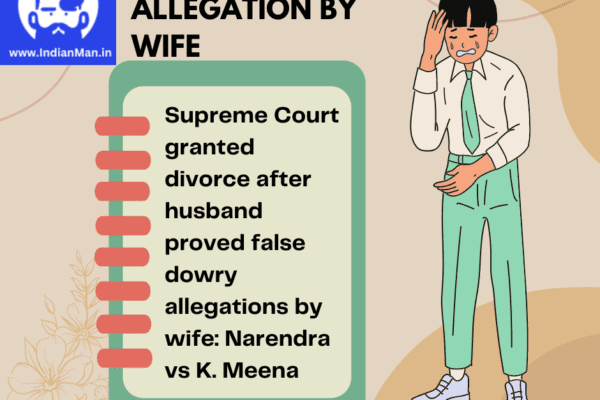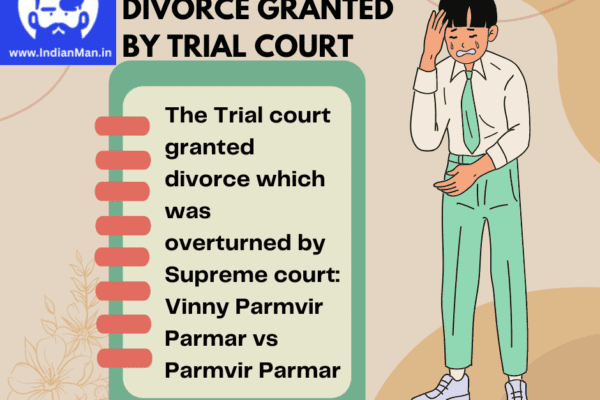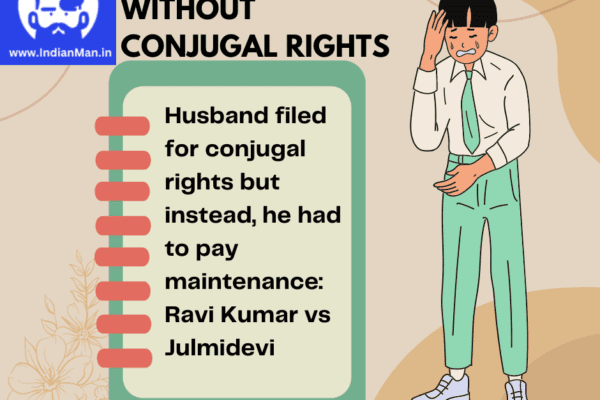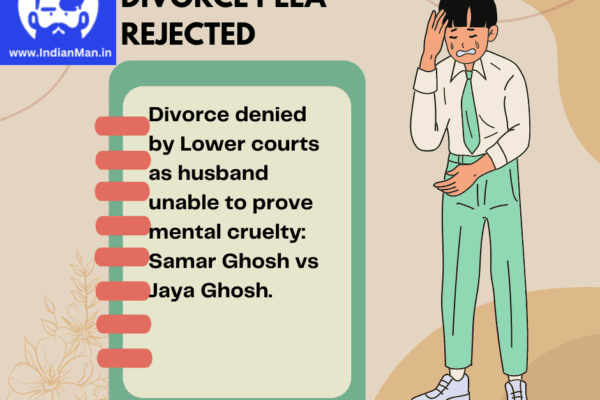CJI Chandrachud Urges Mutual Divorce, Advises Woman to Find a Job
Chief Justice DY Chandrachud advised a couple to settle their dispute with mutual divorce instead of a long legal fight, telling the woman, “You must find a job for yourself.”
Chief Justice DY Chandrachud advised a couple to settle their dispute with mutual divorce instead of a long legal fight, telling the woman, “You must find a job for yourself.”

The Supreme Court ruled that divorce can be granted under the Hindu Marriage Act if a spouse fails to restore conjugal rights for a year, highlighting the case of a man whose wife refused to comply with a 2013 court order.

The Supreme Court of India has ruled that an unmarried adult daughter, who is not suffering from any physical or mental abnormality, cannot claim maintenance from her father under Section 125 of the CrPC. This decision was made in the landmark case of Abhilasha vs. Prakash.

The Bar Council of India defends Justice DY Chandrachud against false allegations made by lawyer RK Pathan. The council condemns this attempt to tarnish the judiciary’s image and underscores the importance of judicial integrity.

Explore the Narendra vs K. Meena case as we discuss the alleged bias against men in Indian matrimonial law, the emotional toll faced by men in matrimonial disputes, and the importance of gender-neutral laws for a fair legal system.

The Supreme Court overturned the trial court’s decision, granting a decree of judicial separation instead of divorce. The Court held that while Vinny had proven cruelty on the part of her husband, she had not established the requisite ‘irretrievable breakdown of marriage’ needed for a divorce. Furthermore, the Court maintained that a divorce would cause undue hardship to Parmvir


The husband sought relief from the alleged mental cruelty inflicted by his wife, but the legal system seemed to favor the wife.